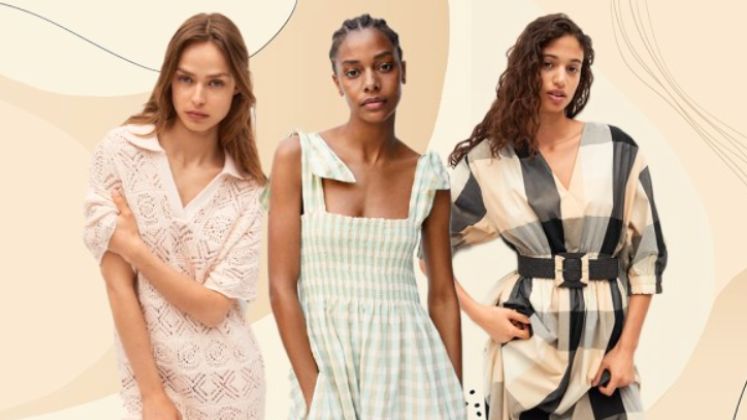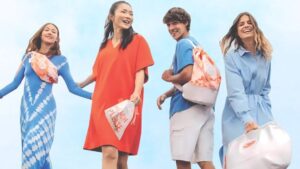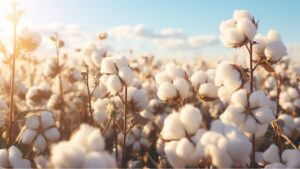Just like the mango fruit – sweet, vibrant and loved around the world – Mango, the fashion brand, has ripened into one of the biggest names in global style. Since 1984, Mango, which is based in Barcelona, Spain, has grown into a full-blown fashion tree, with over 2,700 stores blooming across 109 countries. Mango offers a wide range of clothing and accessories for women, men and kids. Its collections include jackets, coats, suits, sweaters, blouses, shirts, jeggings, trousers, denim jeans, skirts, tops, polo shirts, lingerie, bags and footwear.
In 2024, Mango reported an 8 per cent rise in sales, reaching € 3.33 billion or about US $ 3.62 billion. This growth was mainly because of its international expansion, especially in the United States. Mango has positioned itself as a premium fashion brand. It focuses on stylish partywear and sells at higher prices compared to Zara, which is owned by Inditex. The company has set a goal to reach € 4 billion in sales by the year 2026.
Behind every Mango product is a massive supply chain. By the end of 2022, Mango was working with 2,400 factories globally across Tier-1, Tier-2 and Tier-3 levels. Around 50 per cent of these 1,172 factories are located nearby to support faster production. Turkey has the highest number of factories supplying Mango with 663, followed by China with 651 and India with 214. Spain and Italy come next with 169 and 150 factories, while Bangladesh holds sixth place with 132.
Mango was also the first big fashion brand in Spain to share a full list of its Tier-3 factories. These are the suppliers that provide fabrics and fittings. Earlier, it had already published the names of its Tier-1 and Tier-2 factories, which handle the making, finishing and processing of clothes. It is working towards full traceability and transparency across its supply chain under its sustainability plan called Sustainable Vision 2030.
By 2030, Mango wants 100 per cent of its fibres to come from preferred sources and aims to cut its greenhouse gas emissions by 80 per cent for Scope 1 and 2 emissions and by 35 per cent for Scope 3. The brand also actively works with recycled fibres, including recycled polyester, recycled cotton, regenerative cotton, BCI cotton and organic cotton.
Mango also has a strong Human Rights Policy. It makes sure that each of its factories are socially audited to protect the people who work there and ensure fair and safe working conditions.
This is where Bangladesh has a real chance to shine. With more than 230 LEED-certified green factories, the highest number in the world, Bangladesh is already leading in sustainable apparel manufacturing. This perfectly fits with Mango’s Sustainable Vision 2030. Plus, with the US keeping tariffs on China, European brands like Mango are now looking to diversify their sourcing and that means Bangladesh could become an even more important partner.








